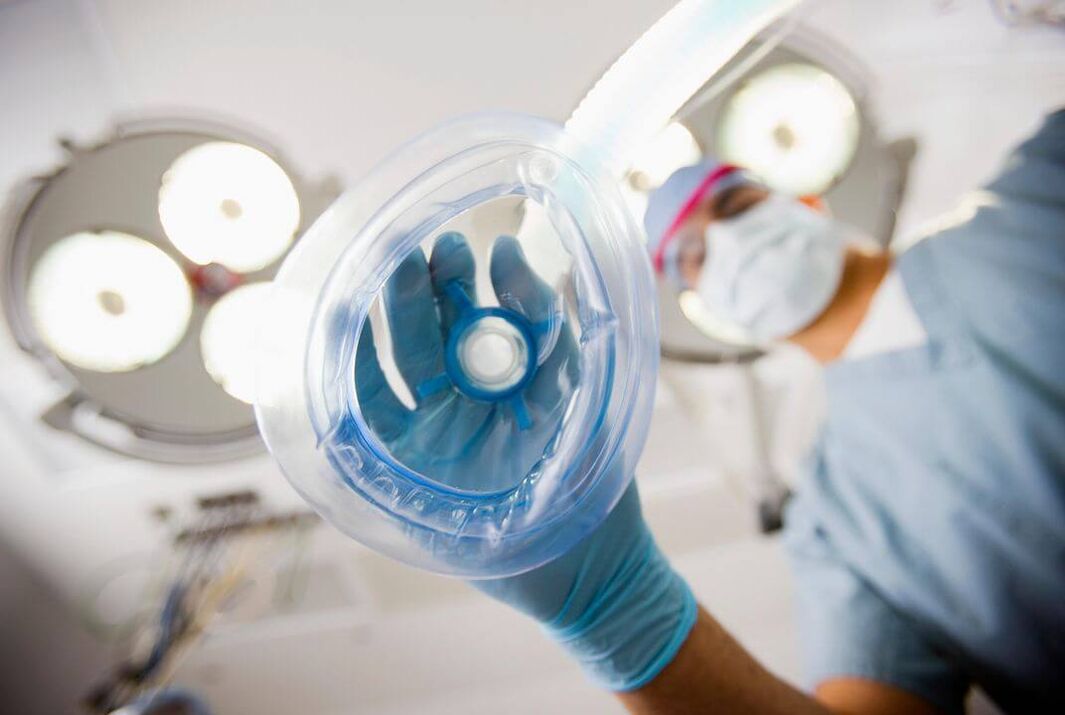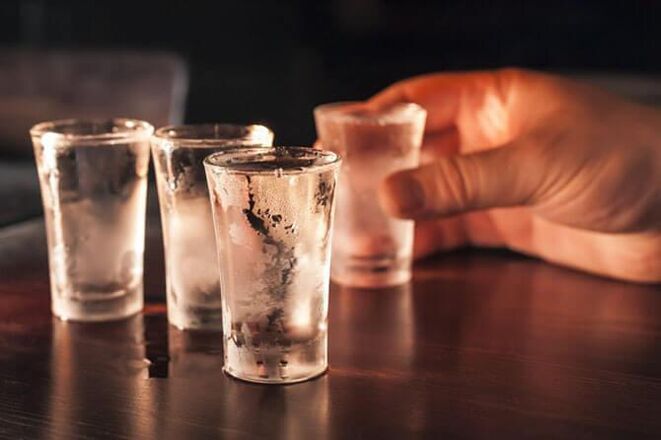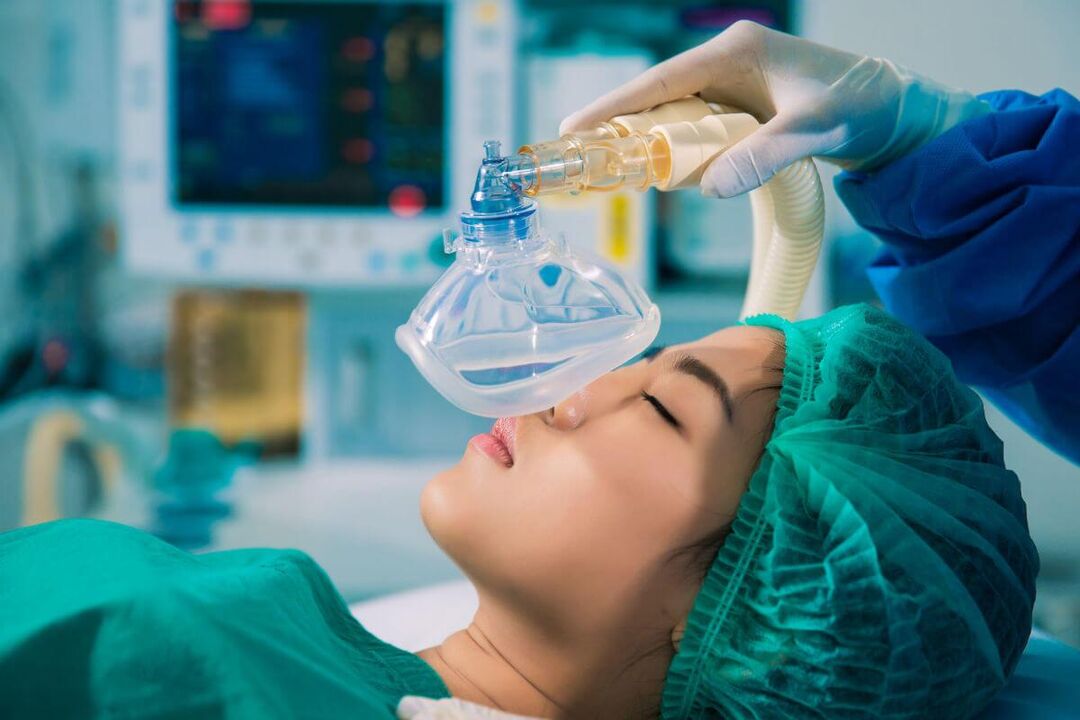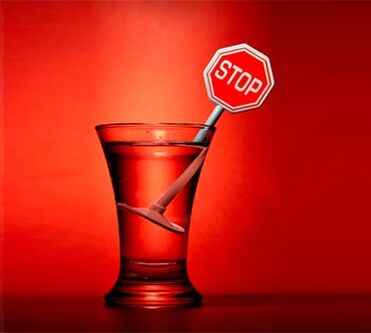
Surgery is a complex of actions on tissues and organs of the human body, performed by doctors to diagnose, treat, or correct bodily functions. Depending on the urgency, they are: emergency (in case of emergency in the name of saving a patient's life), urgent (requiring intervention within 48 hours), planned. By nature: radical, palliative, symptomatic.
The purpose of surgical intervention of the first two types is to completely or partially eliminate the cause of the pathological process, and the third is to alleviate the patient's condition.
Can I drink alcohol 10 days after surgery? Should I abstain from alcohol before surgery? How does alcohol affect anesthesia? Let's look at it in more detail.
The dangers of alcohol in the postoperative period
Ethyl alcohol weakens the human immune system, which has a negative effect on the effectiveness of the surgeon's intervention. In addition, most surgeries, including laparoscopy, are performed under anesthesia, which in combination with alcohol increases the load on the heart and blood vessels, which can lead to death.
Usually, to prevent the occurrence of inflammation and infection in tissues injured by a scalpel, patients are prescribed (for prophylactic purposes) antibiotic therapy, excluding the possibility of alcohol intake. Beer is also on the list of banned drinks, as it causes fermentation, which slows down the healing of wounds and tissues.

After surgical intervention, the immune status decreases, which can cause exacerbations of chronic diseases, giving rise to hidden pathologies.
Alcohol after surgery disrupts blood clotting, leading to an increased risk of life-threatening uncontrolled internal bleeding.
Remember, no matter how much alcohol the patient drinks after anesthesia, depressive processes of the central nervous system are always activated, which can lead to confusion, respiratory depression, and hallucinations.
Alcohol thins the walls of blood vessels, destroys liver cells, irritates the mucous membranes of the digestive tract, overloads the heart.
How much can you drink?
The minimum period to limit the consumption of ethyl beverages is 30 days after surgical treatment.
Abstain from alcohol before surgery
As in the case after surgical treatment and before, alcohol is prohibited. A characteristic feature of the preoperative period is the adoption of the necessary laboratory diagnoses, which include the study of the patient's urine, electrocardiogram and blood. In the case of ethyl cocktails, the results become unreliable, distorting the real clinical picture, which can lead to fatal errors in the diagnosis and decision of surgical intervention.
In addition, serious serious cardiac and venous surgeries are performed exclusively under general anesthesia. If a patient abuses alcohol severely a few days before the anesthetic is administered, the effects of the drug can become unpredictable. For example, a standard dose of anesthetic is not enough, as a result one person may recover before the end of surgery, while others, on the contrary, take too much, overdose occurs, leading torespiratory or cardiovascular system depression.
To avoid the development of the above complications, you should limit alcohol intake for at least a week before surgical treatment.
Alcohol and anesthetics

Anesthesia is the short-term loss of tissue sensitivity to anesthetic agents. Such drugs block the transmission of nerve impulses, as a result of which the signals do not reach the brain, which means that the body's response to stimuli in the form of pain is also absent.
Local anesthesia lasted for an additional 2. 5 hours after surgery. However, when drinking alcohol, the anesthetic effect of the drug will disappear immediately, the pain flares up acutely, cannot be suffocated even with pain relievers.
The situation is much more complicated with general anesthesia used in abdominal surgery, when the body needs to be protected from shock and pain.
After recovering from anesthesia, the following complications may occur:
- headache;
- nausea;
- muscle weakness or tension;
- discomfort in the throat;
- clumping in consciousness;
- hypotension;
- delusional hallucinations.
Why can't you drink alcohol after anesthesia?
Such a combination can lead to serious conditions such as anaphylaxis, neurological disorders. The length of time it takes to stop an anesthetic depends on the drug, the dose, and the patient's health. As a rule, the main part leaves the body within a day after surgery, and the rest within 2-3 days.
Rehabilitation after surgical procedures
Any surgical intervention leads to a weakening of the body's protective functions. The rehabilitation period for people who abuse alcohol in daily life will be more difficult than it is for patients who adhere to a healthy lifestyle, as the healing of "alcoholic" tissues takes longer.

Recommendations after surgery:
- After abdominal surgery, you should not eat for the first 2-3 days. You can get up in a day, gradually increase the load, walk more. This will speed up the process of returning to the body's normal environment. No alcohol for another month.
- After coronary artery bypass graft (CABG) surgery, eliminate bad habits, regularly measure blood pressure, count pulse, determine edema, do not put pressure on the heart (no sauna, no walking)long distance, give up physical exertion). CABG does not cure coronary heart disease but is used as a symptomatic therapy. Patients with bridging are asked to follow a lifelong diet that restricts salt, animal fat, alcohol, and carbohydrates. At the same time, the diet is focused on protein and plant foods.
- After surgery on shoulder and hip joints, completely replacing the diseased cartilage and bone with artificial materials, the patient is given intravenous injections, antibiotics to maintain salt-water balance and pain relievers. To avoid a negative reaction of the body, alcoholic beverages are prohibited. After laparoscopy, physiotherapeutic exercises are prescribed, excluding overload of the operated leg and arm.
- After your gallbladder is removed, alcohol is prohibited for the rest of your life.
- After surgery, remove cataracts, do not drink alcohol for at least 3 months. During the rehabilitation period, the patient was prescribed non-steroidal anti-inflammatory drugs (NSAIDs) that were incompatible with alcohol.
- After spine surgery, patients are prescribed NSAID pain relievers, which when interacting with ethanol will increase the risk of gastrointestinal bleeding and ulcers. In addition, alcohol reduces the effect of drugs that improve microcirculation, overloading the liver, leading to metabolic disorders in the body, causing degenerative changes, dystrophy in the discs.
After varicocele surgery, a man should lie down for the first day. On the second day, you can start moving. Walking increases blood flow and prevents constipation. To relieve pain, you can apply cold compresses to the painful area for 15 minutes.
Output
Surgical intervention in any tissues and organs always leads to the appearance of postoperative edema. Alcoholic beverages are prohibited during this time. The fact is that alcohol speeds up blood circulation, which can increase swelling, aggravate fresh sutures. In addition, ethyl alcohol gives a negative reaction to anesthetics, analgesics, non-steroidal anti-inflammatory drugs. As a result, the body may function in an unusual way.
The period of abstinence from alcohol before surgery is at least 10 days and after - from 1 to 6 months. Also, in some cases (when the gallbladder has been removed), a lifetime drinking ban will be imposed on the consumption of strong beverages.

































